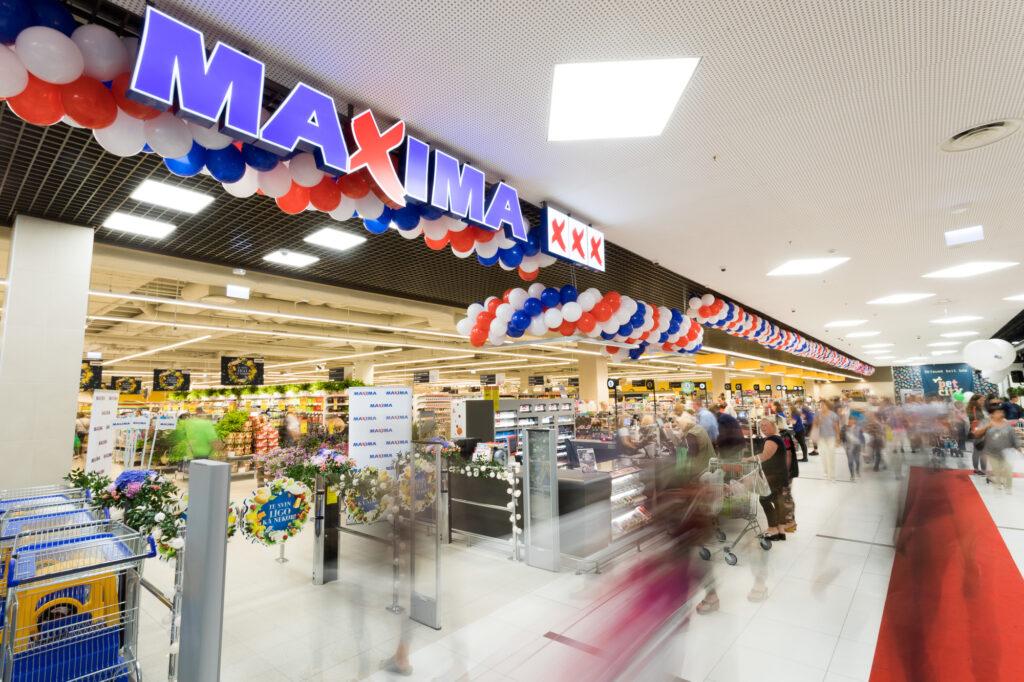Maxima Latvija Launches Scheme To Deal With Bio Waste
Maxima Latvija has unveiled a new initiative that seeks to inform customers about sorting waste and encourage them to review their daily waste habits.

The scheme is within the framework of the ‘#biovaig’ campaign implemented by the Riga City Council.
Newly-designed paper bags have been introduced to stores for a certain period of time, which will inform buyers about biological waste and educates them about waste management. The new paper bags are available in 88 Maxima stores in the Riga region.
The bags include information about the types of biological waste that can be sorted into biological waste containers and other designated areas. They are available from January to mid-February in stores at a price of €0.30.
“Waste sorting and further processing play an essential role in promoting environmental sustainability,” commented Santa Roberta, Maxima Latvija’s corporate social responsibility and sustainability manager. “By properly sorting waste, it is possible to create positive changes both in your everyday life and in society as a whole, starting with the recycling of materials and reducing resources for the production of new products, and ending with the promotion of a clean environment.
“Although bio-waste is not a new type of waste, its separate collection is gradually being introduced. Maxima Latvija also purposefully implements various activities to promote waste sorting habits in society.”
Related news
Top 5 sustainability trends in 2026 – a new era may begin
🎧 Hallgasd a cikket: Lejátszás Szünet Folytatás Leállítás Nyelv: Auto…
Read more >dm welcomes customers with stable prices and a superb price-value ratio
🎧 Hallgasd a cikket: Lejátszás Szünet Folytatás Leállítás Nyelv: Auto…
Read more >Related news
NAK President: more than 120 thousand people signed the agricultural petition in one month
🎧 Hallgasd a cikket: Lejátszás Szünet Folytatás Leállítás Nyelv: Auto…
Read more >EY Businessman of the Year: Tibor Veres is the grand prize winner, six special awards were also given out
🎧 Hallgasd a cikket: Lejátszás Szünet Folytatás Leállítás Nyelv: Auto…
Read more >The government is supporting dairy farmers with a new measure
🎧 Hallgasd a cikket: Lejátszás Szünet Folytatás Leállítás Nyelv: Auto…
Read more >








